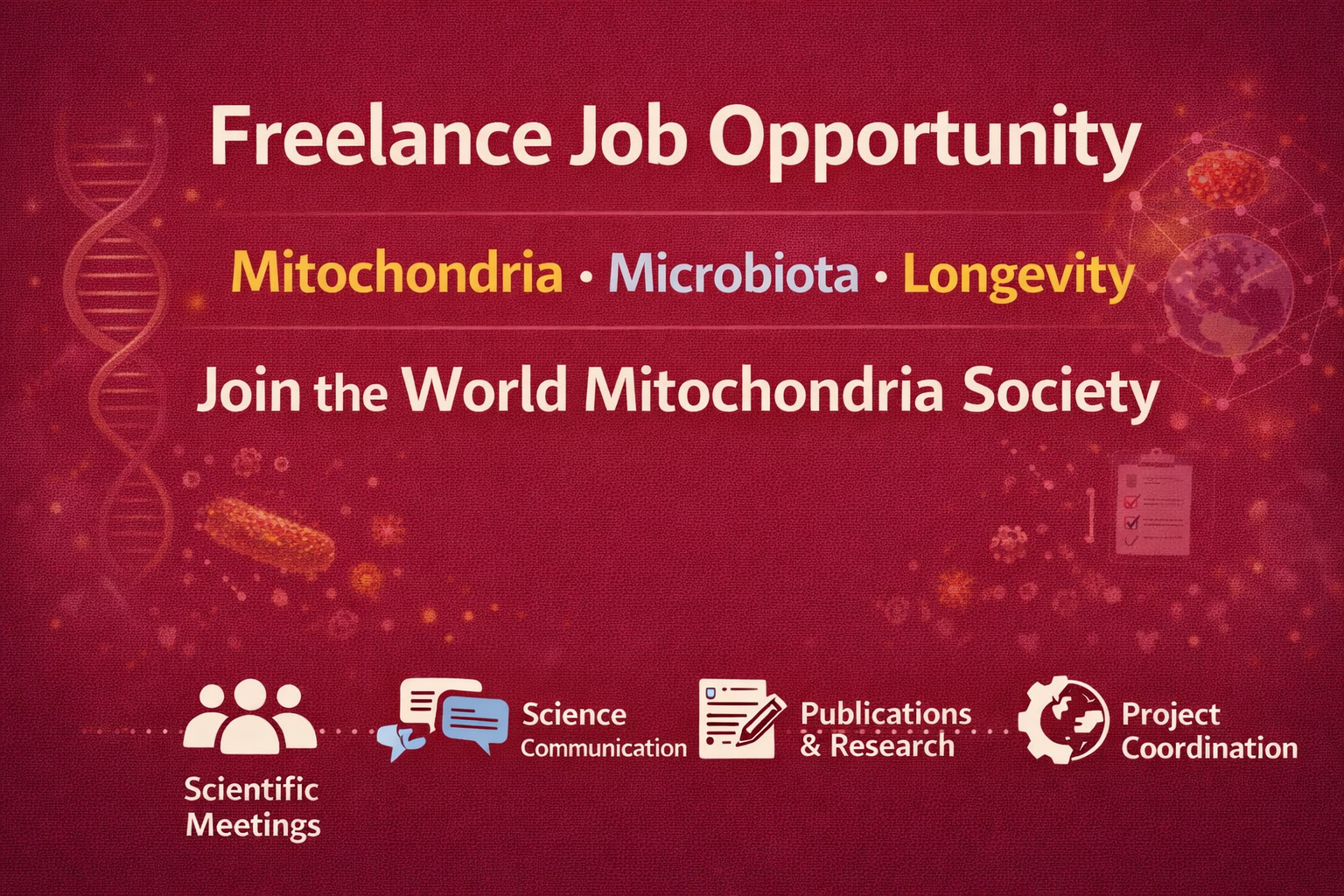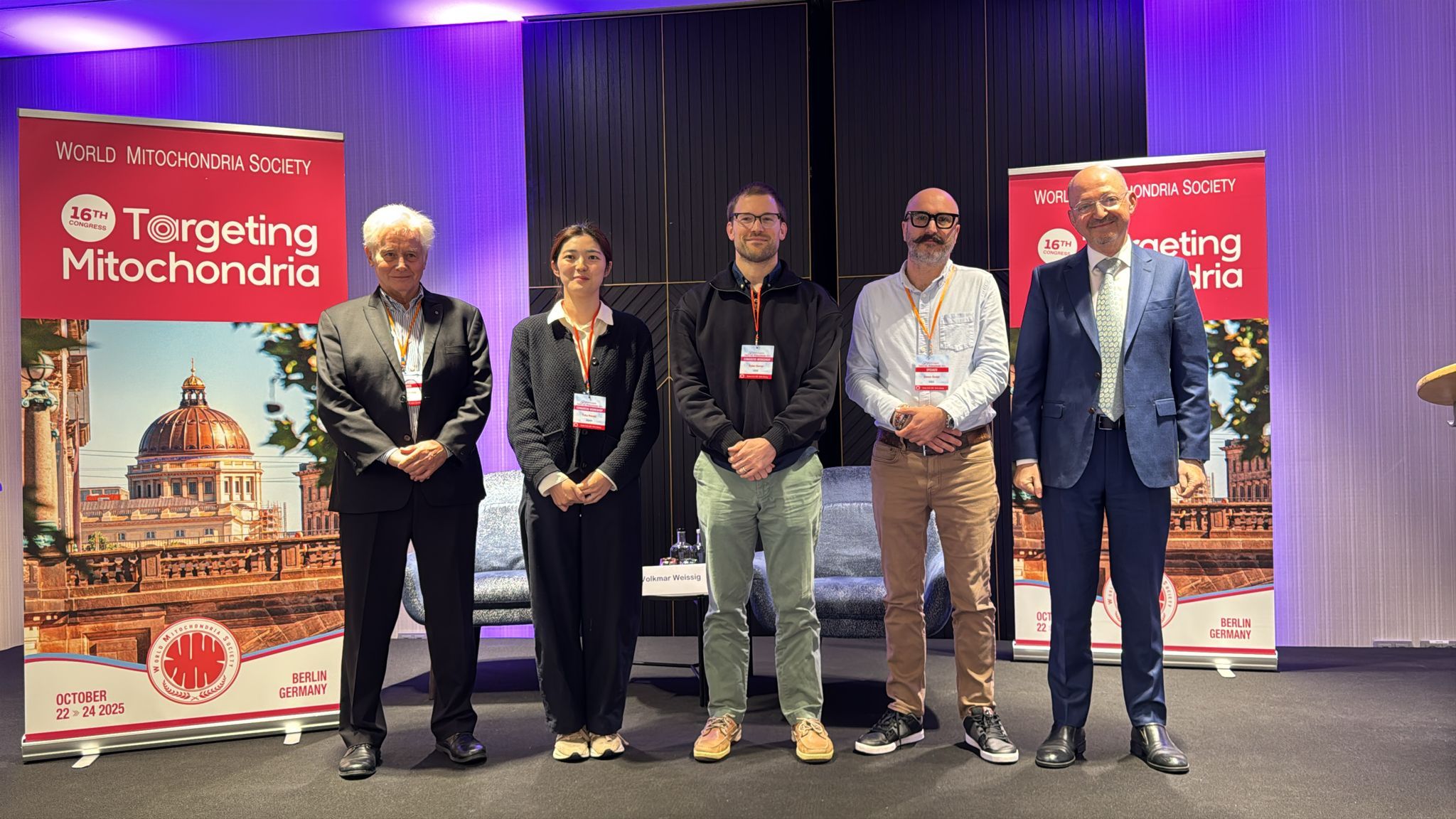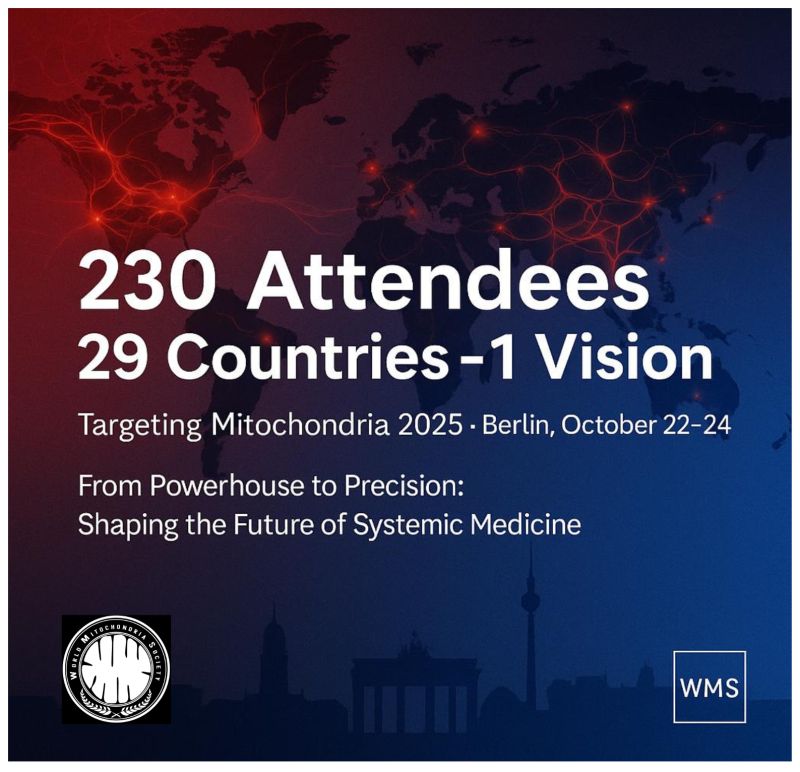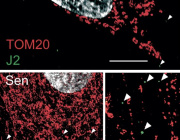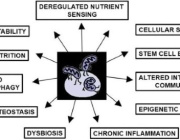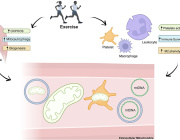'Natural insecticide' kills advanced prostate cancer cells: A Mitochondria issue

One of the hallmarks of advanced prostate cancer is a faulty PTEN tumor suppressor gene. Now, after screening compounds for their effect on cells lacking PTEN, scientists have discovered that a natural insecticide called deguelin can kill such cells by disrupting their energy supply.
Deguelin belongs to a class of drugs known as mitochondrial inhibitors. The drugs block the action of mitochondria.
Mitochondria are the tiny compartments inside cells that convert glucose in the cell into molecules of adenosine triphosphate (ATP), which serve as units of energy for fueling the various workings of the cell.
Scientists at Cold Spring Harbor Laboratory in New York found that treating cells lacking PTEN with some types of mitochondrial inhibitor caused the cells to use glucose from their environment to make ATP and then transport it into their mitochondria to preserve them.
It is as though cells without PTEN, explains study leader Lloyd Trotman, a professor at Cold Spring Harbor Laboratory, are driven to "consume vast quantities of glucose" to help their mitochondria survive. They do this to the point where they run out of fuel and die.
The researchers describe their work — which included the use of a genetic mouse model of metastatic prostate cancer that was developed by Prof. Trotman's group — in a paper now published in the journal Cell Reports.
They suggest that their findings show that, at the right dose, certain mitochondrial inhibitors such as deguelin — and another that they identified called rotenone — may be able to kill prostate cancer cells without harming healthy cells.
However, they also note that the timing and conditions have to be just right – for example, the drug would not work if glucose levels are high.
"The hope is," Prof. Trotman explains, "that carefully timed administration of these drugs can generate a much better window of selective killing."
News source: https://www.medicalnewstoday.com
Photo Credit: medicalnewstodat








